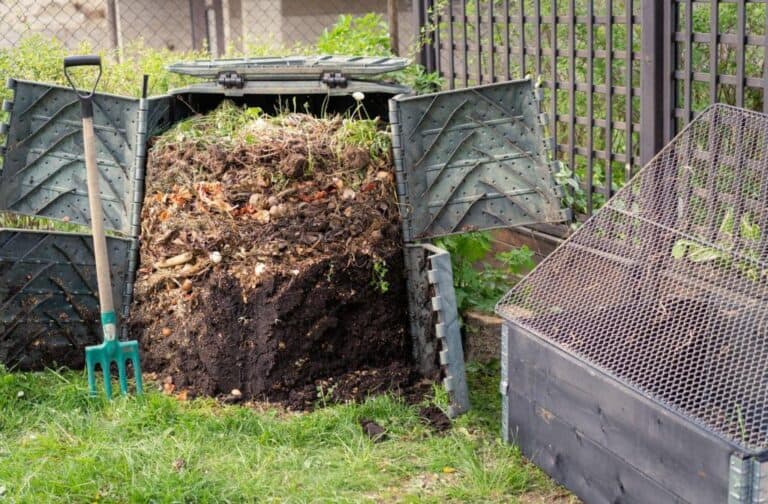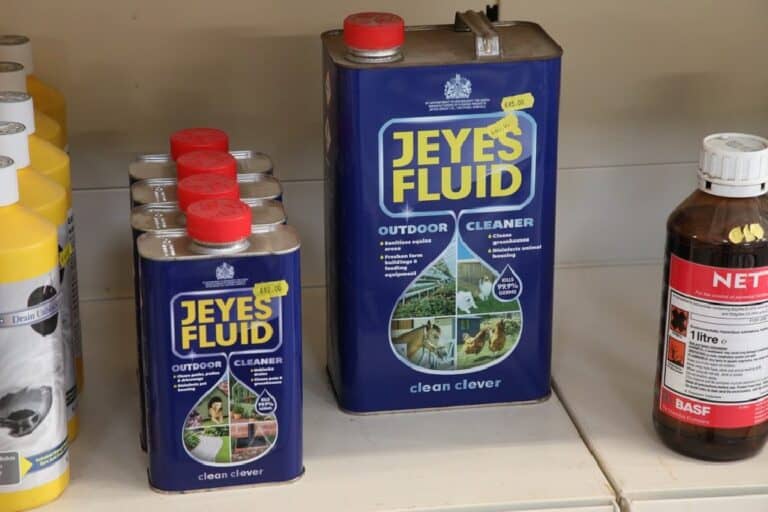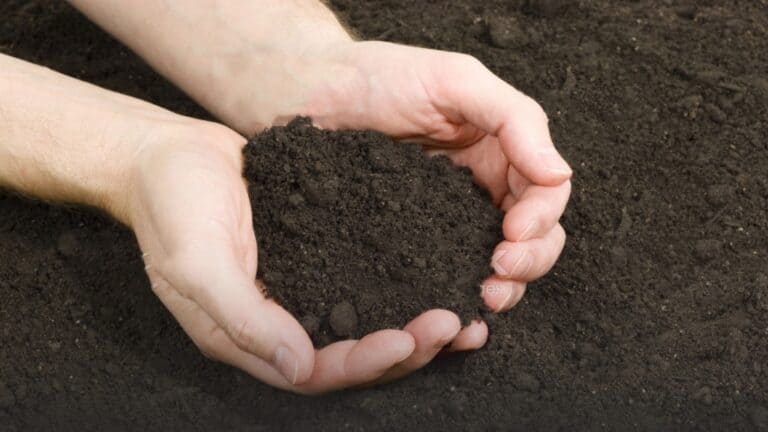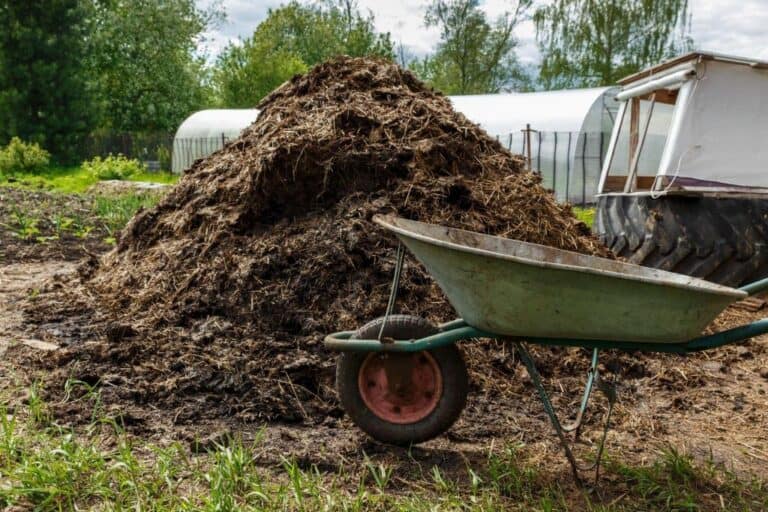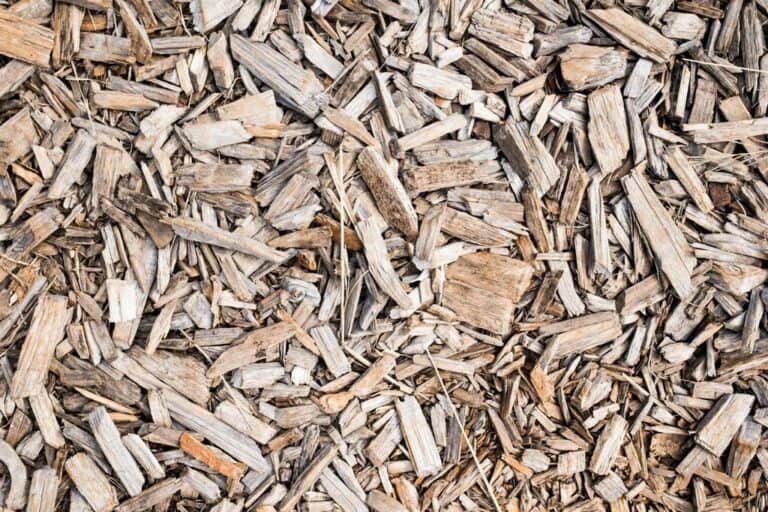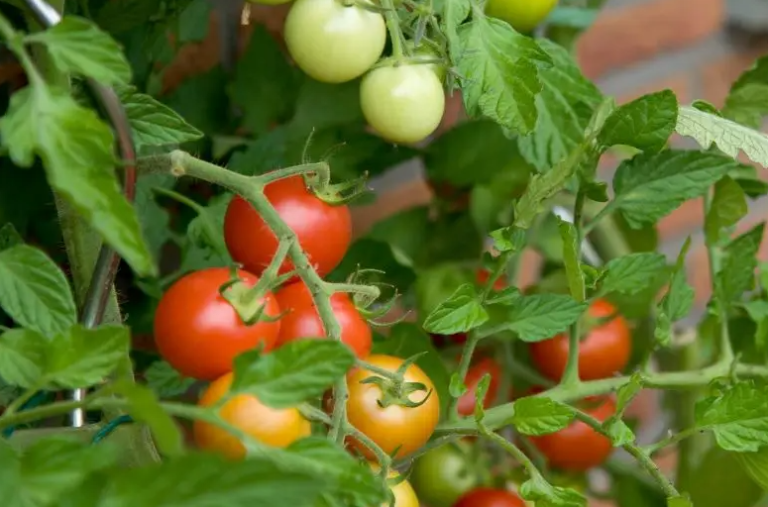Is Mushroom Compost Good for Cucumbers Growth? Should I Use It or Avoid It?
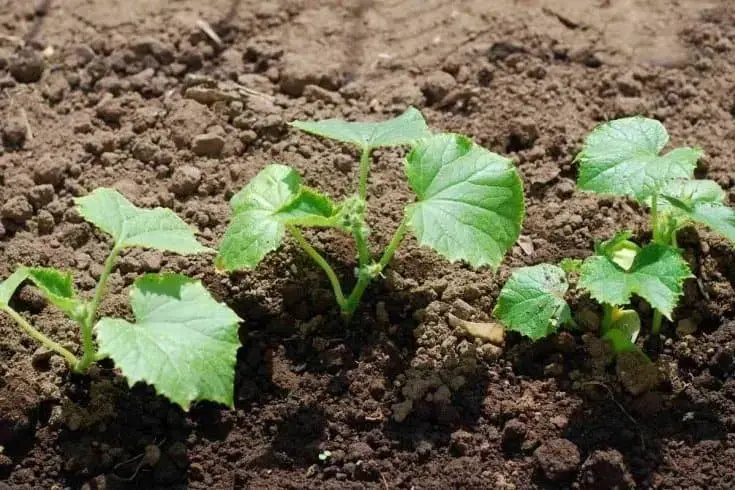
There are many debates over the use of compost in agriculture and gardening. Some farmers swear by it, while others say that it has no real impact on their crops.
As a soil builder, mushroom compost is a fantastic choice since it retains moisture and aids in the breakdown of hard clay. But, is mushroom compost good for cucumbers?
If you’ve ever wondered about the benefits of using mushroom compost to improve vegetable growth, especially cucumber, this is the article for you.
Come with me as we reveal the green secrets, where the earthy richness of mushroom compost meets the hopes of cucumbers that are growing well. We are going to try to figure out how these two natural wonders work together as I stand among the fragrant vines.
Get ready to read a story that looks like a cucumber garden in full bloom. It’s full of soil alchemy and nutrient symphonies. Are you ready to create a story in which mushrooms and cucumbers blissfully dance together? They’ll make your garden a perfect place to live.
What is Mushroom Compost?
Mushroom compost is a form of compost created specifically for mushroom growth and production. It is made up of a number of different elements, including straw, manure, and wood chips.
The compost also contains a number of nutrients as well as a host of microorganisms that help promote the growth of bacteria.
Mushroom compost formulas may vary somewhat from grower to grower. The process of mushroom cultivation is unique to each individual. Additionally, the compost can be supplemented with other organic ingredients, such as gypsum, peat moss, lime, or soybean meal.
Composition and Characteristics of Mushroom Compost
Ever wondered what makes mushroom compost the gardener’s secret weapon? Let’s break it down! This nutrient-rich concoction is a blend of straw, peat moss, and residual mushroom material. Picture it as a gourmet feast for your cucumber plants. The beauty lies in its diverse components, creating the harmony that your garden craves.
Breakdown of the Components
| Component | Role |
| Straw | Enhances soil structure and aeration. |
| Peat Moss | Retains moisture and provides a stable environment. |
| Mushroom Residues | Adds organic matter, promoting microbial activity. |
Nutrient Content and Microbial Activity
This organic medley is not just about looks—it’s a powerhouse of nutrients! Mushroom compost delivers a balanced meal to your cucumbers, fostering robust growth. Plus, the microbial activity it sparks creates a thriving ecosystem beneath the soil surface. This bustling community supports plant health.
| Related: Growing Gourmet Mushrooms with Manure Compost: Step-by-step |
The Benefit of Mushrooms Compost for Cucumbers Plants: Research Studies
Mushroom compost can be used to improve the growth and yield of cucumbers.
A study published in the Journal of Agricultural Science found that adding mushroom compost to the soil increased the yield of cucumbers by 20 percent. The compost also increased the size of the cucumbers by 10 percent.
Adding mushroom compost to the soil can also improve the flavor of cucumbers. A study published in HortScience found that adding mushroom compost to the soil increased the sugar content of cucumbers by 10 percent. Mushroom compost contains beneficial fungi that help the plant grow.
A study published in the Journal of Applied Microbiology found that mushrooms contain a variety of beneficial compounds that protect against disease, disease-causing toxins, and insects.
Is Mushroom Compost Good for Cucumbers?
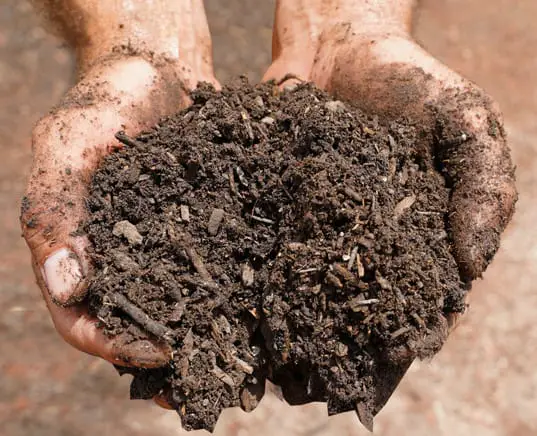
Mushroom compost is a soil amendment made from the composted remains of mushrooms and other organic materials. Mushroom compost is high in organic matter, nitrogen, phosphorus, and potassium. It is also acidic, which makes it a good fertilizer for plants that prefer acidic soils, such as cucumbers.
Mushrooms also add nitrogen to the soil. This nutrient helps plants grow, and mushrooms provide nitrogen in the form of protein. Mushroom compost contains beneficial fungi that help the plant grow.
Adding mushroom compost will have the following effects on your cucumber:
- Cucumbers benefit greatly from this fertilizer since it has a high concentration of vital plant nutrients.
- Distributes nutrients to the soil gradually and steadily.
- As a low-cost approach to boosting your cucumber growth.
- Cucumbers that are disease-resistant can be grown using virus-free mushroom compost.
- By combining mushrooms compost and mulch, they are blocking out light, thereby preventing the growth of weeds
Is Mushroom Manure Good For Cucumbers?
Mushroom manure is a by-product of the mushroom growing industry. Mushroom growers use sawdust as a substrate on which to grow mushrooms. The sawdust is mixed with manure from dairy cows, pigs, or chickens.
The mixture is then pasteurized to kill any harmful microorganisms and spores. The pasteurized mixture is then inoculated with mushroom mycelium. The mushrooms are grown on the sawdust and manure mixture.
After the mushrooms are harvested, the remaining substrate (the sawdust and manure) is dried and ground into a powder. This powder is then used as a soil amendment or fertilizer.
Mushroom manure compost contains nitrogen, phosphorus, potassium, calcium, magnesium, and sulfur—all of which are essential for plant growth. It also contains micronutrients such as zinc and copper.
It has been shown that mushroom manure is extremely effective and advantageous for cucumber growth, increasing the production of cucumbers per plant.
| Also read: Manure vs. Compost for Lawn: Which Is Best? |
Enhance Soil for Growing Cucumbers
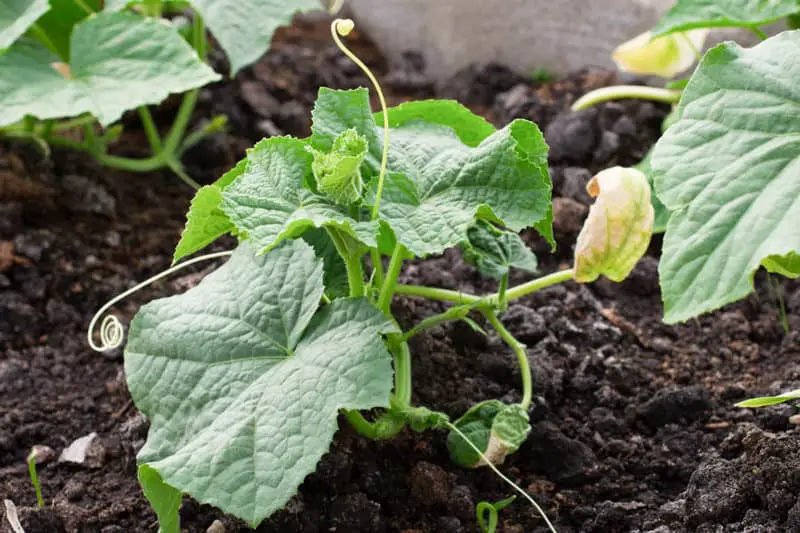
Cucumbers prefer rich, but not heavy, soil. You better amend the soil with compost and manure one month before planting the cucumber. Then loosen it with a digging fork or broadfork in a no-till garden.
Making your own compost is something you should be doing. You can try it in your compost bin as well as in your worm bin. For those who don’t have access to either handmade compost or locally sourced livestock manure, one of my preferred store-bought additives is worm castings as manure.
Cucumbers thrive on soil with a pH of 5.5 to 7. Higher pH levels make plants more resistant to fungal disease. Look for organic soil additions that can either raise or lower the pH of your soil. |
How to Integrate Mushroom Compost into Your Cucumber Garden
Application Tips
To reap the full benefits of mushroom compost, follow these simple steps:
- Prepare the Soil: Before planting your cucumber seeds or seedlings, mix the mushroom compost into the soil. Aim for a ratio of 1 part compost to 2 parts soil for an ideal blend.
- Topdressing: As your cucumber plants grow, consider topdressing the soil around them with a thin layer of mushroom compost. This acts as a nutritional boost throughout the growing season.
- Mulching: Use mushroom compost as a mulch around your cucumber plants. This helps retain moisture, suppress weeds, and gradually release nutrients into the soil.
Potential Challenges and Solutions
While mushroom compost offers numerous benefits, it’s essential to be aware of potential challenges:
| Challenge | Solution |
| High Salinity | Water the soil thoroughly to leach out excess salts. |
| Altered pH Levels | Monitor pH regularly and adjust as needed using organic amendments. |
| Weed Seed Contamination | Use well-aged mushroom compost to minimize the risk of weed seeds. |
Conclusion
In conclusion, the answer to the question, “Is mushroom compost good for cucumbers?” is a resounding “yes.” Mushroom compost is a great way to fertilize cucumber plants and help them thrive.
In a nutshell, adding mushroom compost to cucumber plants will give many benefits, like below:
- Nutrient Boost: Cucumbers, like any other plant, thrive on essential nutrients. Mushroom compost brings a powerhouse of nutrients to the soil. It provides a balanced, sustainable diet for your cucumber plants.
- Improved Soil Structure: Successful gardening is often rooted in healthy soil. Mushroom compost enhances soil structure, promotes better drainage, and prevents soil compaction. These factors are crucial for cucumber root development.
- Organic Pest Control: Tired of battling pests in your cucumber patch? Mushroom compost has natural pest-resistant properties. It can help protect your cucumber plants without resorting to harmful chemicals.
It is important to use the correct ratio of compost to the soil when applying it. Water the plants regularly. Otherwise, using mushroom compost is a quick and easy way to give your cucumbers a boost.
The compost also enhances the cucumber’s flavor and nutritional quality. Therefore, using mushroom compost is a good way to improve cucumber production.
References:

